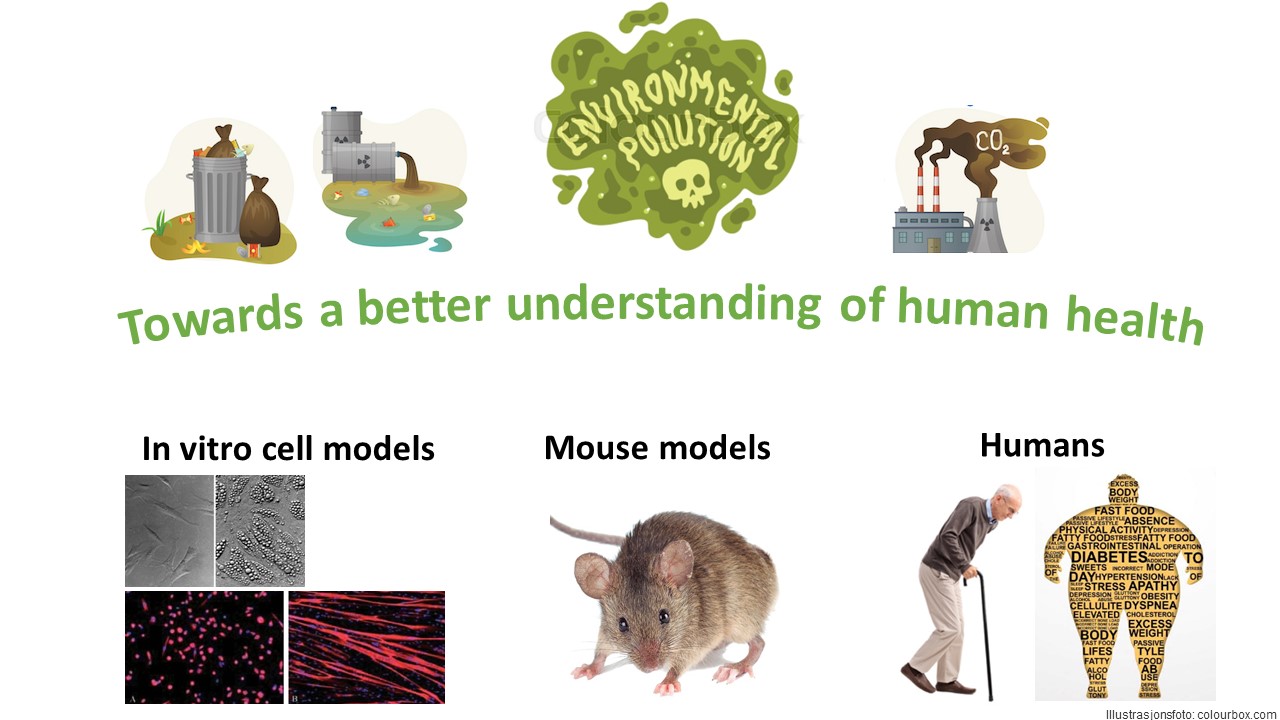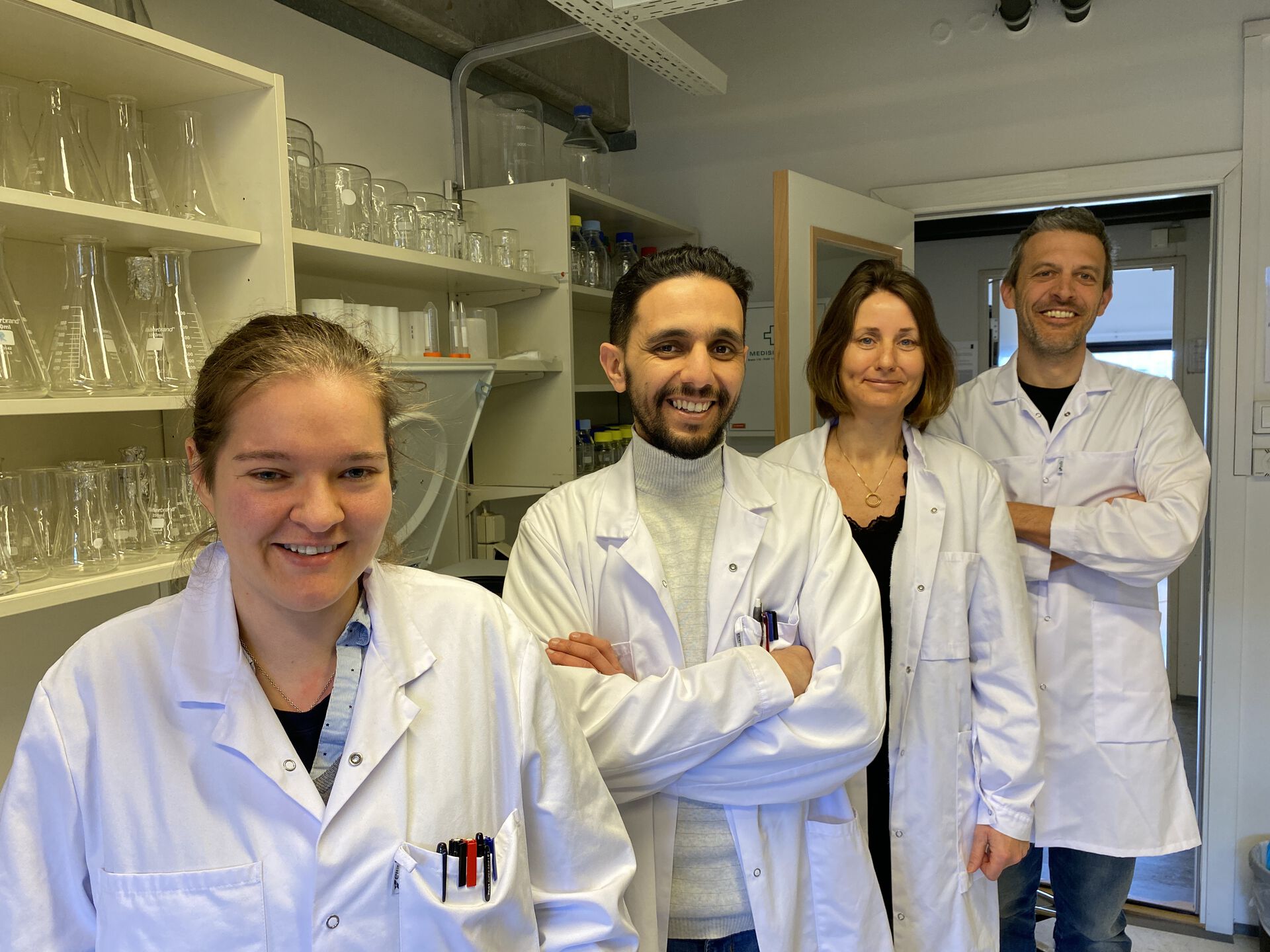Humans are daily exposed to a great number of xenobiotics (chemicals that cannot be produced naturally). By studying xenobiotics signaling, the Ruzzin laboratory aims to 1) discover novel mechanisms regulating diseases and 2) develop innovative therapeutics.
We use engineered mouse models and organ/cell culture with cutting-edge biochemistry tools. In addition, human cohorts/samples are used to determine the relevance of our experimental research.
►PHYSIOLOGICAL AND NOVEL FUNCTIONS OF XENOBIOTIC RECEPTORS:
Mice lacking intestinal Nr1i2 have normal intestinal homeostasis under steady- state conditions and are not hypersensitive to inflammation under lipopolysaccharide treatment. FASEB Journal 2023 - Impact Factor: 5.83
►TYPE 1 DIABETES: We are interested by understanding how persistent organic pollutants (POPs) can affect pancreatic beta-cells and insulin production.
Associations between persistent organic pollutants and type 1 diabetes in youth. Environment International 2022 . Impact Factor: 13.35
►SKELETAL MUSCLE ATROPHY: Our investigations on xenobiotics led us to study the role of fibroblast growth factor 19 (FGF19) on skeletal muscle biology. We are currently investigating how to prevent skeletal muscle wasting.
Treatment with fibroblast growth factor 19 increases skeletal muscle fiber size, ameliorates metabolic perturbations and hepatic inflammation in 5/6 nephrectomized mice. Science Reports 2023 - Impact factor: 4.99
Fibroblast growth factor 19 as a countermeasure to muscle and locomotion dysfunctions in experimental cerebral palsy. Journal of Cachexia, Sarcopenia and Muscle 2021 - Impact Factor: 12.91
Fibroblast growth factor 19 regulates skeletal muscle mass and protects from muscle wasting. Nature Medicine 2017 - Impact Factor: 32.62
►TYPE 2 DIABETES: We are interested by understanding how environmental pollutants can disrupt the insulin signaling pathway and contribute to the development of type 2 diabetes. We are currently exploring the impacts of xenobiotics on intestinal inflammation.
Environmental Health Perspectives (2010), PLoS ONE (2011), Journal of Clinical Endocrinology & Metabolism (2014).
Click here for popular dissemination.



 Communicating Science; Sophie and a journalist team from NRK (see more
Communicating Science; Sophie and a journalist team from NRK (see more 